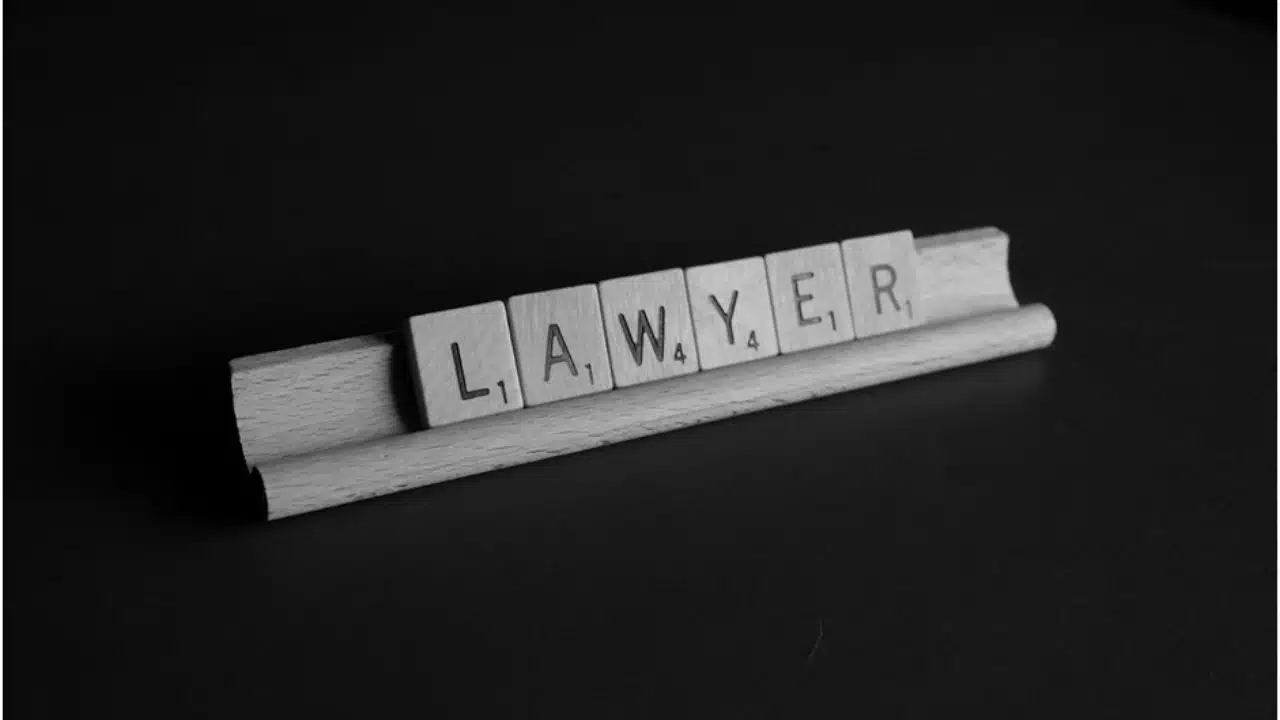Choosing the right accident lawyer can feel like navigating a labyrinth, especially when you’re dealing with the stress and turmoil following an accident. The lawyer you select can significantly affect the outcome of your case, so it’s important to make an informed choice. This guide will help you understand the factors to consider and the steps to follow to find an accident lawyer who meets your needs.
Assess Your Needs
The first step in choosing the right accident lawyer is to assess your specific needs. Are you dealing with a car accident, workplace injury, or a slip and fall? The nature of your accident will shape the type of legal expertise required. Different lawyers specialize in various aspects of personal injury law, so knowing the specifics of your situation can help narrow down your choices.
Evaluate Communication Skills
Effective communication is key in legal matters. During your initial consultation, evaluate how comfortably and clearly the lawyer explains complex legal concepts. They should be responsive to your questions and provide regular updates throughout your case. Good communicators often make for effective advocates in the courtroom.
Consider Specialist Lawyers
In situations involving car accidents, it may be beneficial to look for a car crash injury lawyer who has specific experience and expertise in that area. These specialists are often well-versed in the nuances of car accident law and can offer valuable insights and strategies tailored to your unique case.
Seek Personal Recommendations
Personal recommendations from friends, family, or colleagues can be an invaluable resource when choosing an accident lawyer. People who have been through similar legal situations can provide insights into their experiences and the outcomes they achieved. While recommendations should not be the sole basis for your decision, they can serve as a helpful starting point in your search for the right legal representation.
Trust Your Instincts
Ultimately, you should feel comfortable with your lawyer. Trust your instincts and consider whether you feel a sense of confidence and trust in their abilities. The lawyer-client relationship is a partnership, and mutual respect and trust go a long way in achieving the best results in your case.
Check Qualifications and Experience
Not all lawyers are created equal. Ensure that the lawyer you choose has the qualifications and experience pertinent to your case. Examine their educational background, licenses, and any additional certifications. Experience is crucial; a seasoned lawyer will have a deep understanding of the law, familiarity with the court system, and a robust strategy plan for your case.
Research Professional Affiliations
One additional factor to consider is whether the lawyer is affiliated with professional organizations or associations relevant to personal injury law. Membership in such organizations often indicates a lawyer’s commitment to staying updated on the latest legal developments and adhering to high ethical standards. Being part of a professional network can also be valuable in terms of gaining insights and resources that can benefit your case.
Investigate Track Record
A lawyer’s track record can offer valuable insights. Look for information regarding their success rate, settlements, and trial experience. A lawyer with a proven history of obtaining favorable results in cases similar to yours is more likely to achieve a positive outcome. Don’t hesitate to ask for references or look for testimonials and reviews online.
Consider Accessibility and Location
Accessibility and location are practical aspects that should not be overlooked. A lawyer who is conveniently located can make regular communication and meetings easier. Additionally, consider their accessibility in terms of office hours and willingness to accommodate your schedule. A lawyer who is readily available and easy to reach can provide greater peace of mind throughout the legal process.
Understand Fee Structures
Legal fees can be a significant concern. Lawyers typically operate on various fee structures such as hourly rates, flat fees, or contingency fees. It’s crucial to understand how your potential lawyer charges and to get a clear agreement in writing to avoid any surprises later. A contingency fee arrangement, where the lawyer gets paid only if you win, can be a good option for those who might find the upfront costs of legal representation prohibitive.
Wrap-Up
Choosing the right accident lawyer doesn’t have to be a daunting task. By assessing your needs, checking qualifications and experience, investigating track records, evaluating communication skills, understanding fee structures, and trusting your instincts, you can make a well-informed decision. A good lawyer can be your strongest ally, ensuring that you receive the compensation you deserve while navigating through the complexities of the legal system.












































